News Archive
2015
-
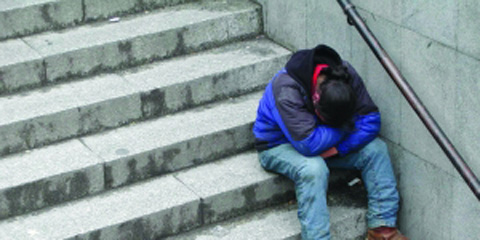
USC researchers have teamed up with Los Angeles social workers to address a public-health problem using a mathematical solution.
Social workers at My Friend’s Place – a non-profit agency that helps Los Angeles’s homeless youth become more self-sufficient – have been working to prevent the spread of HIV among homeless teens and young adults.
They’ve relied in part on word-of-mouth, but it’s had limited success. Transient young adults often have fluid friendships. If two friends stop hanging out, a social worker’s street campaign could come to an end.
-
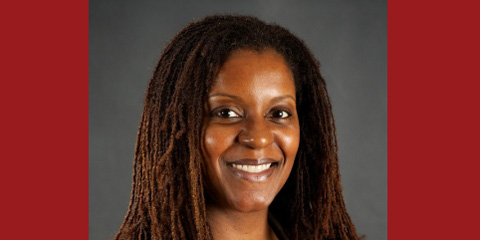
Karen Lincoln is an associate professor at the USC School of Social Work and director of the USC Hartford Center of Excellence in Geriatric Social Work.
-
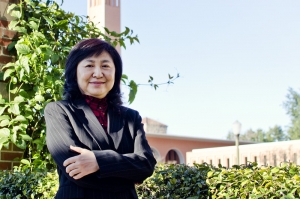
During her first field placement as an undergraduate social work student in Hong Kong, Iris Chi encountered what she expected to be a very depressing situation.
One of her clients was a woman in her 70s who had applied for housing assistance. Her husband and children had died during World War II, she had no other close relatives, and she had worked as a maid her entire life.
“At the beginning, I thought this was a very sad case, that this was just a helpless old lady,” Chi said. “She lived on her own and the living environment was terrible.”
-
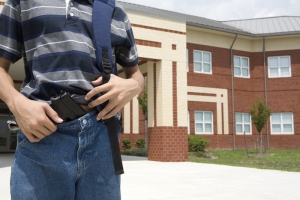
The USC School of Social Work’s Field Education department has received a $1.4 million grant from the Health Resources and Services Administration to train students in specific areas of behavioral health in an effort to address gun violence.
-
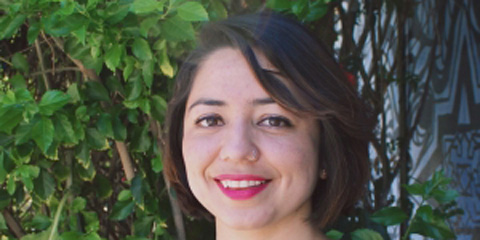
Grissel Granados, MSW ’10, is still here. At 28 years old, this may not seem like much of a statement, but to Granados, it’s a reality that many in her situation do not share.
Born in Mexico, she contracted the HIV virus from her mother. Her mother, unaware that she had been infected through a blood transfusion, unwittingly transmitted it to her husband as well as their infant daughter. Five years later when Granados’ sister was born, the family finally learned of their status.
-

With the recent surge in national media coverage of racial injustices occurring across the country, people have begun to question whether it’s really about race or simply a product of biased reporting. Terence Fitzgerald, a clinical assistant professor at the USC School of Social Work, says the answer is clear: it is a race issue.
“Today you have people saying racism doesn’t exist or doesn’t exist as much,” he said. “But these atrocities are not new. It’s just our change in media and technology that enables you to actually see it.”
-
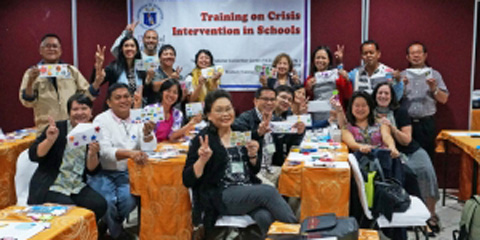
The dampness just wouldn’t go away.
“We spent three and a half days in a typhoon. You couldn’t see 10 feet in front of you,” said Marleen Wong, clinical professor and associate dean of field education at the USC School of Social Work. “The air was so full of moisture that my shoes never dried out, and the linens in our rooms were moist.”
-
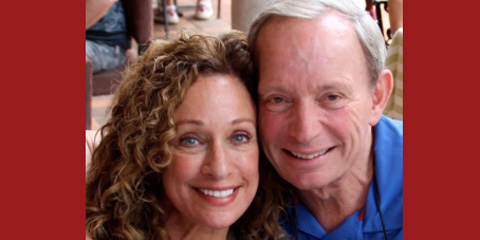
As a child, Chuck Spielman would listen to his father’s friends tell stories of their experiences in World War II, enthralled by the men’s tales of everything from traveling through Europe to living on the frontlines.
“I was fascinated by the age of 5,” he said. “The stories of men and women who would leave civilian life willingly and fight for their countries fascinated me.”
-
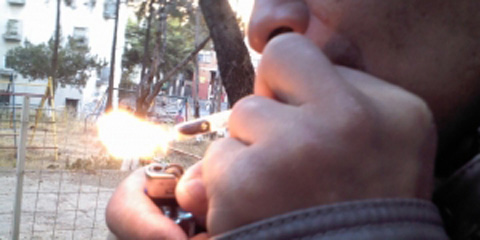
Disturbed by new evidence that crack cocaine use may be reaching epidemic levels in Mexico City, researchers from the University of Southern California are testing a new strategy to fight back.
Led by Assistant Professor Alice Cepeda from the USC School of Social Work, the team will implement projection mapping, an emerging technology that projects two-dimensional images and animated text onto buildings and other large surfaces, to deliver health messages to hard-to-reach individuals who use crack.